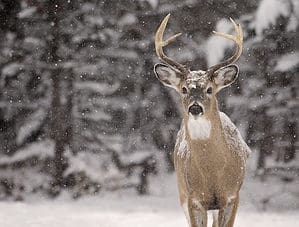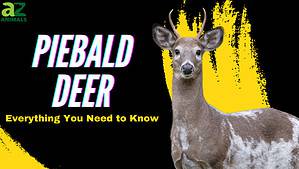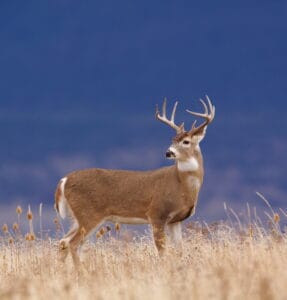Deer are among the most commonly hunted game animals worldwide! If you’re a deer enthusiast or plan to introduce venison into your diet, you should definitely check these incredible venison facts!
Deer can be found all over the world. While deer are native to many countries such as North America, South America, Asia, Europe, and Africa, they have been introduced in just about every continent and country.
1. Origin and Usage of the Term Venison
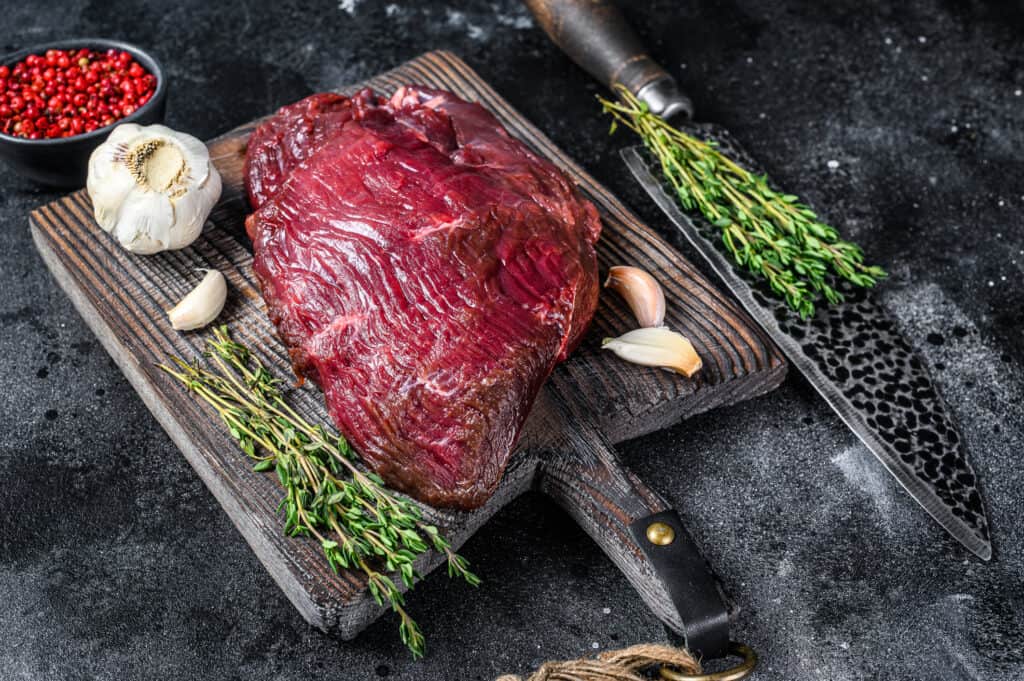
Venison is a term used primarily for the meat of antlered ungulates and refers to any edible part of the animal’s body.
©iStock.com/Vladimir Mironov
Have you ever wondered why deer meat is called venison? Well, the term comes from venari, a Latin word that means “to hunt or pursue.” In the 11th century, the word was borrowed and adapted to the English language.
The term venison hasn’t always been used to designate deer meat. It was originally used for the meat of any game animal, including rabbits, hares, goats, and ibex. Nowadays, it’s used only for the meat of antlered ungulates and refers to any edible part of the animal’s body. Just like cattle meat is beef and domestic pig meat is pork, deer meat is venison.
In southern Africa, however, people call antelope meat venison, too.
2. Venison Excels at Nutritional Values
Venison plays an important role in someone’s diet because it’s a healthy source of protein, vitamins, and minerals. A 3.52-ounce piece of venison contains roughly 0.84 ounces of protein!
It has low-fat content, zero carbs, and is low in sodium. Moreover, it’s not as caloric as chicken breast or beef, and it provides your body with potassium, zinc, phosphorus, niacin, thiamin, riboflavin, and vitamins B6 and B12.
3. You Can Eat Venison Even if You Don’t Like the Smell
Not all people can eat venison because of its smell. After all, our sense of smell is essential in what foods we choose to add to our diets! However, you can eat venison even if you don’t like its smell!
Some recipes recommend marinating the meat in yogurt for half an hour. Others suggest soaking the venison in buttermilk and leaving it overnight. You can try both methods and see which one works best for you!
4. Venison Can Carry Diseases
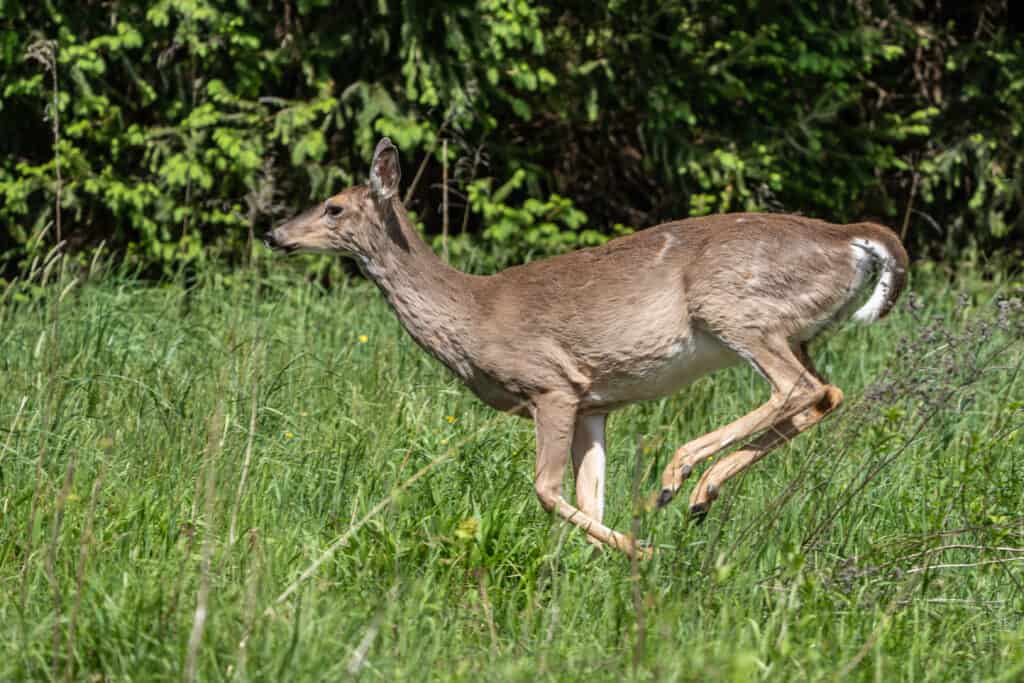
Venison is generally considered safe to eat, but it can still transmit diseases.
©Amy Lutz/Shutterstock.com
Although venison is generally considered safe to eat, it can still transmit diseases.
For instance, deer can get infected with a chronic wasting disease. Although it remains unknown whether cooked deer meat can spread the disease to humans, risking it isn’t recommended.
In the United States, deer meat needs to be thoroughly inspected by USDA inspectors to avoid human infections. Moreover, if you’re a hunter, you should check the state’s regulations, as some require deer meat testing before cooking, selling, or consuming it. Hunters are also encouraged to report if they notice deer showing symptoms characteristic of chronic wasting disease.
5. Venison Is Considered More Nutritional Than Beef
A study focused on analyzing the chemical composition of venison and beef showed that venison’s nutritional values exceeded those of beef. Precisely, the n-3 polyunsaturated fatty acids amount, meaning Omega-3 amount, was five times higher in venison than in beef! The research analyzed venison from red deer, fallow deer, and beef from Aberdeen Angus and Holstein cattle.

Deer meet is rich in Omega-3 fatty acids.
©Neil Clarke/Shutterstock.com
6. Venison Usually Requires Additional Fat Content
As we’ve already mentioned, venison meat is extremely low in fat content. It’s so lean that many recipes recommend adding additional fat to achieve the required texture and taste. You can add olive oil, bacon, or cheese, depending on the recipe’s requirements or what you prefer most. In the end, we’re sure you’ll enjoy your venison dish!
7. Venison Is Very Common in the Czech Republic
While it’s considered a specialty in many countries, venison is part of Czech traditional cuisine. It has even been used in animal food production in recent years because deer meat production has surpassed demand!
If you visit the country, you can buy venison for about 10 to 15 U.S. dollars. Many butcher shops across the country sell fresh roe, fallow, and red deer meat distributed by wholesalers. However, it can also be found in big retail chains like Tesco and has a price similar to beef or pork.
8. Venison Is a Great B Vitamins Source
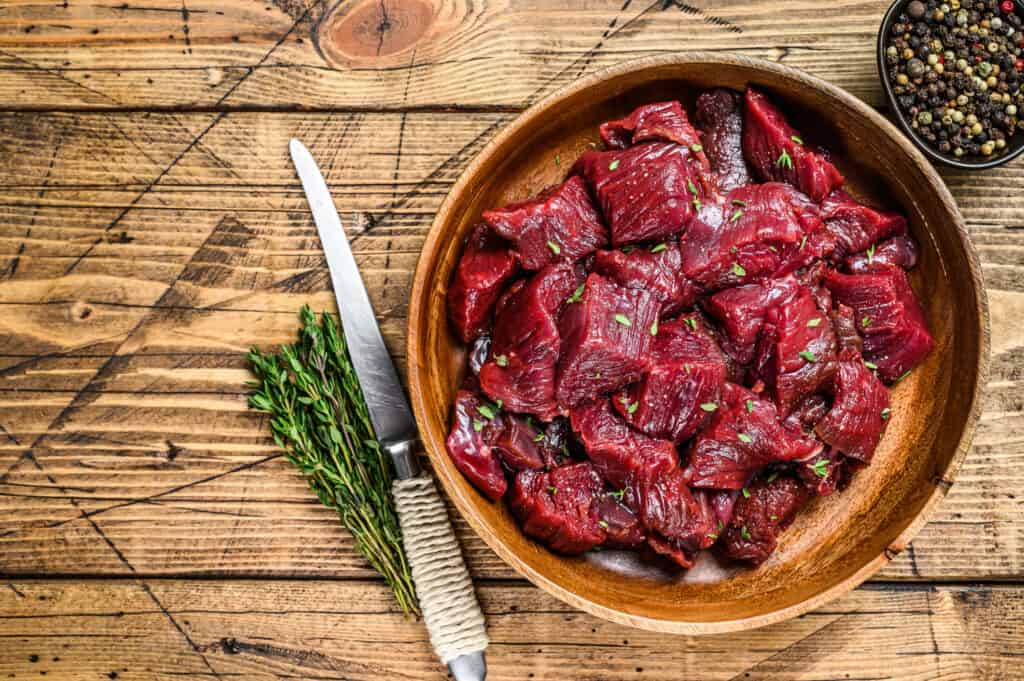
Venison is full of B vitamins.
©iStock.com/Vladimir Mironov
If your diet lacks B vitamins and you’re living in a country where venison is widely sold, you should consider including this meat in your recipe schedule. It’s full of B vitamins!
A 6-ounce piece of cooked venison provides your body with the following:
Vitamin B5 – 13.6 % of the RDI
Vitamin B2 – 32.3 % of the RDI
Vitamin B6 – 39.1 % of the RDI
Vitamin B1 – 57.8 % of the RDI
Vitamin B12 – 66.3 % of the RDI
Vitamin B3 – 78.2 % of the RDI.
9. Venison Contains Conjugated Linoleic Acids
Venison is rich in conjugated linoleic acids.
Conjugated linoleic acids are a family of acids found in ruminant dairy products and meat. Scientists believe these acids have anti-cancer benefits, although there aren’t many studies focused on this subject that would help understand whether this is indeed accurate.
However, some studies showed that conjugated linoleic acids positively impacted the health of animals.
10. Killing Deer and Eating Venison Is Linked to Superstitions
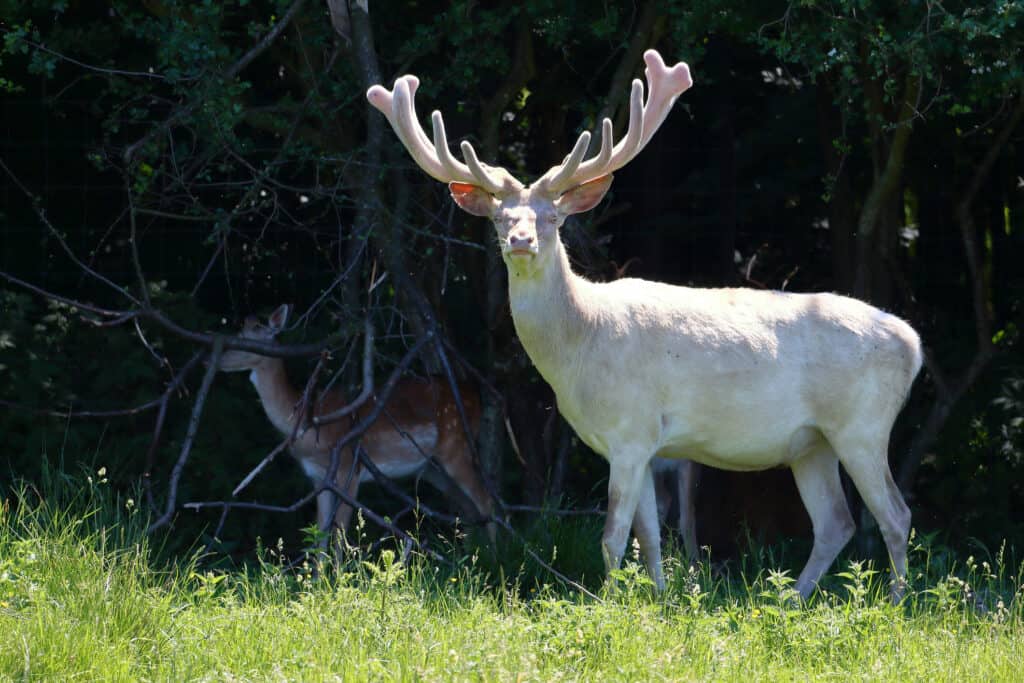
Spotting an albino deer predicts longevity and abundance. It also symbolizes kindness.
©iStock.com/giannimarchetti
Did you know that killing some specific deer and eating their meat is linked to superstitions? This is related only to albino or piebald deer, meaning completely white deer or brown deer with white spots.
Piebaldism symbolism dates back to the Indian tribes, who regarded piebald deer as embodiments of the spirits that pass to or from the spirit world. Nowadays, however, hunters believe that killing and eating piebald deer brings bad luck in future hunts. Even spotting a piebald deer predicts bad hunting experiences!
If this isn’t enough, European superstitions say that killing a piebald deer brings death within a year to the hunter.
Albino deer symbolism has more positive connotations. Spotting an albino buck predicts longevity, abundance, and endurance while seeing an albino doe symbolizes benevolence and kindness.
On the other hand, many hunters believe that killing piebald and albino deer helps the deer population, as these animals are at a higher predation risk.
Summary of 10 Things You Should Know About Venison
Here’s a recap of the information all about venison:
| Number | Venison Fact |
|---|---|
| 1 | The term venison comes from venari, Latin for “to hunt or pursue.” |
| 2 | Venison excels at nutritional values. It’s a healthy source of protein, vitamins, and minerals. |
| 3 | If you don’t like venison’s smell, marinate the meat in yogurt or soak overnight in buttermilk. |
| 4 | Venison can carry diseases and should be inspected or tested before cooking. |
| 5 | Venison is considered more nutritional than beef. |
| 6 | It usually requires additional fat content such as oil, bacon, or cheese. |
| 7 | Venison is very common in the Czech Republic. |
| 8 | Venison is a great source of B vitamins. |
| 9 | It contains conjugated linoleic acids, which some believe have anti-cancer benefits. |
| 10 | Killing albino or piebald deer and eating venison is linked to superstitions. |
Can and Should You Eat Venison Rare?
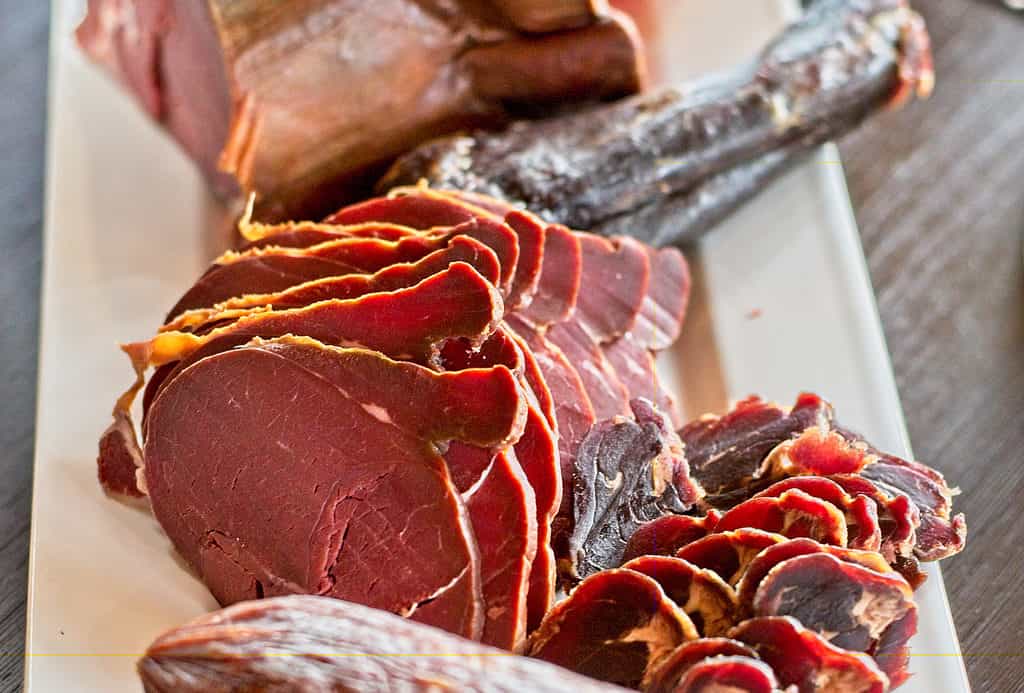
Reindeer
meat has a “gamey” flavor and a certain metallic taste.
©iStock.com/Vesa Niskanen
Now that we have found out a lot more about venison and its pros and cons, let us talk a little more about how to enjoy it for dinner.
First off, while you need to pay attention to the warnings that we have mentioned about the potential exposure to diseases, you can actually cook venison, much like you should a nice beef steak, medium rare or even rare.
One of the biggest mistakes, when people cook deer meat, elk meat, and other venison, is overcooking it. The reason is probably because people are worried about the risks of those diseases and keep the meat on the grill too long. On top of that, with venison being an extremely lean protein, drying it out while cooking it happens very quickly without enough added fats and oils to balance out the ratio in the dish.
The photo featured at the top of this post is © iStock.com/bonchan
Sources
- National Library of Medicine, Available here: https://pubmed.ncbi.nlm.nih.gov/25298298/
- Downfield Farm, Available here: https://downfieldfarm.com/blog/health-benefits-venison/
- Rotana Times, Available here: https://www.rotanatimes.com/amwajrotana/news/13928
- Hahndorf Venison, Available here: https://www.venison.net.au/some-important-venison-facts
Thank you for reading! Have some feedback for us? Contact the AZ Animals editorial team.



